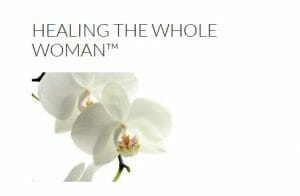Archived Radio Shows June 2012


Listen to MindShifter Radio with The Forgiveness Doctor, dr. michael ryce
We could use your help! If you listen to an archived show that does not have a description next to the link, it would help us out if you could write a brief description of the show and send it to Contact Jeanie along with the date of the show. Your time will benefit everyone that comes to these pages! Thanks for your help!
|
June 2 |
It’s the weekend! Please try another day! |
|
June 3 |
It’s the weekend! Please try another day! |
| Today’s show is NOT LIVE but is PRERECORDED from August 02, 2011 with Lynne as michael walks her through doing a worksheet. Awesome repeat show. | |
|
June 9 |
It’s the weekend! Please try another day! |
|
June 10 |
It’s the weekend! Please try another day! |
|
June 16 |
It’s the weekend! Please try another day! |
|
June 17 |
It’s the weekend! Please try another day! |
|
June 23 |
It’s the weekend! Please try another day! |
|
June 24 |
It’s the weekend! Please try another day! |
| It’s the weekend! Please try another day! | |
|
|


